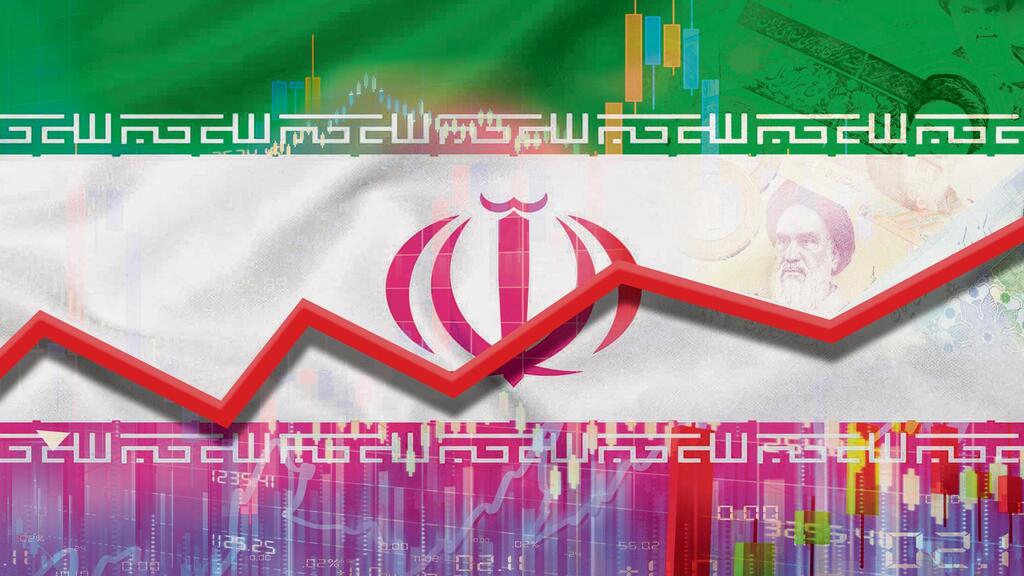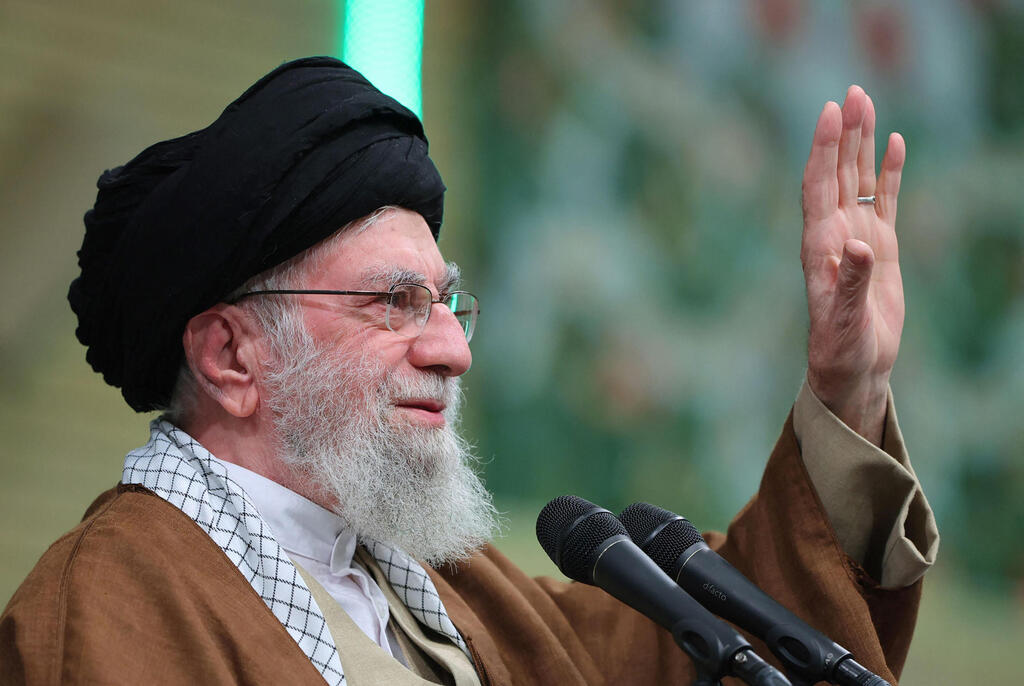Getting your Trinity Audio player ready...
Iran is facing significant distress these days. Hezbollah’s beating from Israel, the fall of Bashar Assad's regime in Syria and U.S. President-elect Donald Trump's return to the White House next month are increasing the pressure on Theran’s leadership.
If that weren't enough, domestic developments — particularly the economic situation — are exacerbating internal unrest, which could spark popular uprisings at any moment.
The country is struggling with a power shortage and cannot meet demand amid the harsh winter sweeping Iran. President Masoud Pezeshkian's remarks have only fueled public anger and underscored the Iranian leadership's detachment from the everyday lives of ordinary citizens.
Earlier this month, the president suggested Iranians "dress warmly" at home, as he does, instead of trying to use heating. Just days ago, he urged citizens to lower their heating by 2 degrees Celsius (3.6°F) to reduce electricity consumption. The backlash on social media has been severe and critical.
The worsening electricity crisis has led authorities to take several measures, including closing schools, government offices and shopping centers, as well as turning off streetlights on highways and in urban areas. Iran’s electricity sector relies primarily (85%) on natural gas, but decreased production has forced authorities to increasingly use diesel-powered stations — a pollutant that raises urban air pollution to dangerous levels.
Iranian officials blame international sanctions on the gas and oil sector for the crisis, but others argue that mismanagement and the Ayatollah regime's skewed priorities have brought Iran’s electricity industry to the brink of collapse.
3 View gallery


Iranian President Masoud Pezeshkian
(Photo: SPENCER PLATT / GETTY IMAGES NORTH AMERICA / AFP)
Misguided priorities
The regime’s distorted priorities tie closely to the Assad regime’s collapse and the severe blow to the Shiite axis Iran has cultivated in the region over recent years. Despite sanctions against it, Iran has managed to generate annual revenues of $35–45 billion from its oil and gas sector in recent years.
Instead of using these revenues to improve infrastructure, including in the energy sector, the Ayatollah regime has diverted billions of dollars to failing projects such as bolstering Assad's rule and into Hezbollah. These investments have gone to waste and the Iranian public is starting to ask questions.
At a press briefing held this week, Iranian Foreign Ministry spokesperson Ismail Baghaei was asked about the "lost funds" Iran invested in Syria, estimated at approximately $50 billion. Beyond military aid, Iran has provided Syria with oil and established industrial projects, such as a car assembly plant, under strategic cooperation agreements with Assad's regime.
Baghaei claimed that the reported investment figure was "exaggerated," yet he declined to specify the actual value of resources Iran funneled to Syria over the past 13 years to keep Assad in power. As Iran's internal struggles worsen, the issue of investing in the Shiite axis will continue to surface in public discourse.
Economic turmoil
Geopolitical developments have also led to an unprecedented plunge in the Iranian currency’s value. This week, the black-market exchange rate for the U.S. dollar reached approximately 780,000 Iranian rials. For comparison, the exchange rate stood at roughly 703,000 rials on the day Trump was re-elected.
The Iranian rial’s rapid depreciation stems from public fear of what’s to come, prompting many to place their trust in the U.S. dollar. Another contributing factor to the rial’s drop was a change in the Central Bank of Iran’s exchange rate policy, allocating dollars to traders based on the free-market rate instead of a fixed rate.
Get the Ynetnews app on your smartphone: Google Play: https://bit.ly/4eJ37pE | Apple App Store: https://bit.ly/3ZL7iNv
Nonetheless, the central bank injected $200 million into the market this week, slightly lowering the rate to 766,000 rials. It’s difficult to predict Iran’s next steps given the growing internal crisis.
The Iranian leadership is split between the "moderate" camp, represented by Pezeshkian who advocates for a new nuclear agreement with the West to ease sanctions and improve the economy and the ultra-conservative faction close to Supreme Leader Ali Khamenei, which believes now is the right time to accelerate uranium enrichment on the path to developing a nuclear bomb.



